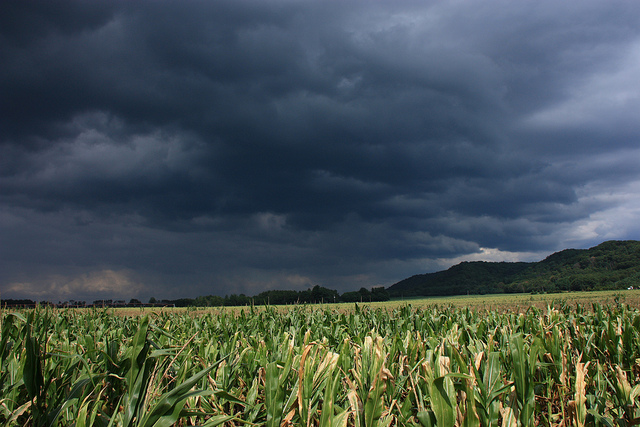Some people watch a lot of Netflix, some people like to procrastibake. We talk to an expert who explains why we procrastinate, no matter what your procrastination habits might be. We also talk to the staff of Discover Magazine about the latest and coolest news in science. Plus, with changes in net neutrality laws taking effect today, we’ll discuss what it means for our time online.
Featured in this Show
-
Net Neutrality Repeal Officially In Effect – What Now?
Today marks the end of ‘net neutrality’ in the United States. The Federal Communications Commission voted to repeal the federal protections in December 2017, and that repeal went into effect today. The protections had blocked internet providers from slowing down or blocking traffic, and some are worried about what the decision means for the future of the internet. An expert on media and the law breaks down what’s at stake for internet users and providers. We also look at where the fight for net neutrality goes from here.
-
Science News: The Anatomy Of Clouds, Human Personality, And Mass Extinction
What do clouds, mass extinction, and human personality all have in common? They’re featured in this year’s “Everything Worth Knowing” issue of Discover Magazine. We speak with Discover’s Senior Editor Gemma Tarlach to learn about all of these science stories and more.
-
Why Procrastination Can Be A Good Thing
If you need proof that procrastination is a good thing, just look to Charles Darwin.
The British naturalist famous for his 1859 theory of evolution was known to take walks several times a day.
“Was he jotting notes down? Maybe he was,” says Regan Gurung, a professor of human development and psychology at the University of Wisconsin-Green Bay. “But for the most part, he gave his brain time to reflect and sort things through.”
Gurung is also a self-proclaimed procrastinator. But he finds no shame in it.
He says procrastination is a basic human response to things we’re anxious or stressed about. Some of us just tend to be more comfortable with it than others.
“I think humans in general procrastinate sometimes or the other,” he said. “And I think the question is, when and can you shut it off?”
Last month, the New York Times wrote about a trend that’s going viral on Instagram: “procrastibaking.” It’s whipping up some brownies, banana bread, cookies or other baked goods in order to avoid “real” work.
“I started procrastibaking in college as a way to feel productive while also avoiding my schoolwork,” graduate student Wesley Straton told Times reporter Julia Moskin.
To Gurung, this kind of procrastination can actually be positive.
Starting a task, taking a break and then going back to it — he calls this “productive procrastination.” That’s compared to the kind of procrastination where you haven’t started a task at all.
“When we start a task, even if we switch, procrastinate and go do something different, at a nonconscious level, we are still probably working on that task,” he said. “So much so that when you come back to that something that you put off, you started, you may actually find that you’re further along than you were when you left it because your brain has been nonconsciously working on it.”
Take, for instance, cramming before a big school exam. If you’ve got the choice between staying up late to study or waking up early, it’s best to stay up late, Gurung said.
That’s because studies have shown sleep helps your brain learn and retain new information.
“Because when we sleep, our brains consolidate the information,” Gurung said. “It’s actually strengthening up those neural pathways. So whatever you’ve studied or read before you go to sleep actually gets consolidated in memory when we sleep. And I think there’s something like that happening when we take a break from a task once we’ve started it.”
That’s not to say that all forms of procrastination are equal.
Gurung said it’s not wise to surf the internet for procrastination, which can be like going down a rabbit hole. It’s easy to lose track of time that way.
Not only that, but scrolling through social media isn’t really a mental break, he said.
“And I think that’s one of the big things that in our modern society with all our devices, we don’t get enough of,” he said. “That time of ‘nothing’ where our brain can sit and winnow about what it needs to do. When you’re sitting on the internet, there’s no winnowing.”
-
How To Use Procrastination To Our Benefit
Procrastination can add stress when it puts off starting something that really needs to be done. But taking a break after the first steps can actually mean better and more creative work in the long run.
Episode Credits
- Rob Ferrett Host
- Chris Malina Producer
- J. Carlisle Larsen Producer
- Judith Siers-Poisson Producer
- Christopher Terry Guest
- Gemma Tarlach Guest
- Regan Gurung Guest
Wisconsin Public Radio, © Copyright 2024, Board of Regents of the University of Wisconsin System and Wisconsin Educational Communications Board.


